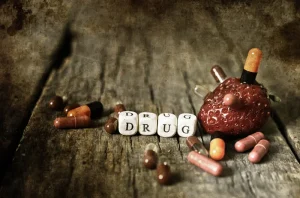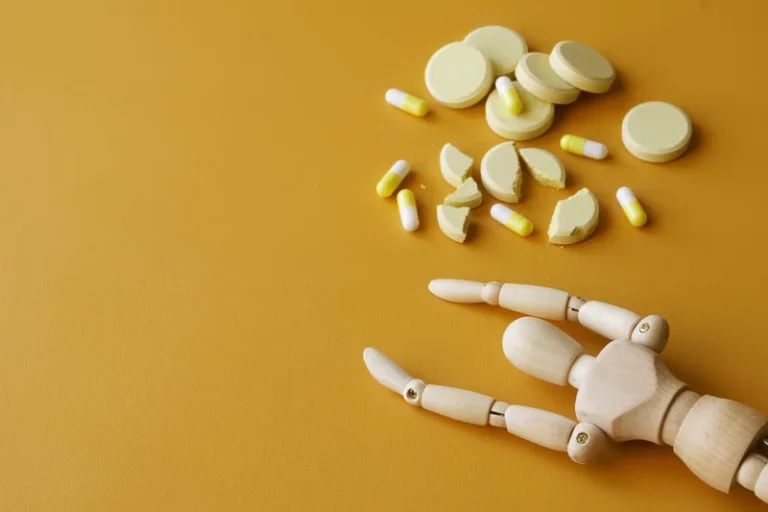
Nearly half of adults over age 65 report having consumed alcohol in the past year, according to NCOA guest author and alcohol use researcher Paul Sacco. And sometimes, they say they’re drinking to cope with a challenging symptom like insomnia. 2020 research suggests that alcohol impacts the part of sleep known as rapid eye movement (REM). Drinking heavily over time can also disrupt the chemical messengers in the brain, which can affect sleep.
- The problem arises if you find yourself relying on alcohol to get you to sleep.
- With extended use of alcohol over time, there can be long-term concerns, too.
- It can also negatively affect mood, which can, in turn, affect personal relationships.
What is insomnia?

It’s harder to wake the person as they become unresponsive to outside stimuli. This stage is what is referred to as “restorative sleep” – when the body works to repair itself and boost functions. Ultimately it can make some people more vulnerable to sleep apnea or exacerbate the symptoms for those who already have it. If you fancy a glass of wine with dinner or a nightcap before bed, you might want to cap the Chiante and put the Negroni down — research shows that even low alcohol intake can stymie your sleep. There is a higher prevalence of insomnia in people with ADHD and AUD, but consuming alcohol to manage insomnia generally worsens sleeplessness.
Sensible Sleep Tips for Older Adults
The liver acts as a filtering system for the body, helping metabolize food and chemicals (including alcohol itself), and pulling toxins from the bloodstream. Like nearly all of the body’s organs, the liver functions according to circadian rhythms. Alcohol interferes with these circadian rhythms regulating the liver, and can contribute to compromised liver function, liver toxicity, and disease. Moreover, it can take one hour for your body to process one serving of alcohol. If you’ve had several drinks, it’s best if your last drink is finished at least several hours before you go to bed. Alcohol may be consumed in beer, wine, and hard liquors like vodka, rum, gin, and whiskey.
Does alcohol always affect sleep?
Waking up after a bout of heavy drinking is far from a pleasant experience. But for many people, having one or two drinks before bed doesn’t necessarily lead to the same headaches, grogginess, or fatigue as a full-on night out. Shaking this addiction and learning to sleep without alcohol can be difficult. The idea of attempting to sleep without alcohol can causeanxiety, which can lead to more drinking, perpetuating the cycle of alcohol abuse. Many people rely on alcohol’s calming does alcohol help you sleep effect after a rough day.
And no one will argue that it can shorten sleep latency (the time it takes you to fall asleep). However, the problem with alcohol and sleep often appears as the night progresses. Ultimately, your overall sleep quality will take a hit as the alcohol starts to metabolize and its effects begin to wear off. And when this happens night after night, you’ll find yourself dealing with insomnia.

Limit daytime naps
In a 2011 study published in the journal Alcoholism, Clinical and Experimental Research, men and women consumed the same amount of alcohol before going to bed. Although the results were self-reported, women said they felt more tired before bed, experienced more nighttime awakenings and recorded less sleep than their male counterparts. Unsurprisingly, studies of people with insomnia have also found that heavy alcohol use exacerbates insomnia.
- Consuming alcohol regularly before bed can also make it more difficult to sleep, according to a 2016 study in the journal Drug and Alcohol Dependence.
- Doing so without medical supervision can trigger a new addiction to another substance.
- It is more often consumed at night, also called a nightcap, and may negatively affect your sleep.
- Sleep disorders like insomnia can co-occur with alcohol abuse, and treating insomnia can improve a person’s sleep quality while in recovery.
- If a person chooses to consume alcohol, drinking in moderation several hours before bed is the best practice for avoiding sleep disturbances.
How does alcohol affect sleep?

That’s because as alcohol starts to metabolize, the sedative effect wears off. Other, generalised sedative effects Alcohol can increase the sedative effects of medications that you may be taking for other conditions. This is why you’ll often see a warning label on these medications advising you to avoid alcohol. Using alcohol to help you relax and sleep may actually be masking a sleep disorder that needs treatment.
CBTi as a solution to alcohol-induced insomnia
Because of the damage that alcohol can do to your sleep cycles, sleep problems are common, even if you stop drinking. You may notice some worsened insomnia duringalcohol withdrawal. However, you may continue to have trouble sleepingfor yearsafter you stop drinking. Drinking to fall asleep can cause or worsen some health issues over time.
Mixing Weed and Alcohol: Effects and Risks
“Even if alcohol initially helps someone fall asleep, they may wake up many times throughout the night or not get into a deep sleep,” she continues. Although experts can’t be certain that alcohol directly causes insomnia, numerous studies have found a link between this sleep disorder and alcohol consumption. Heavy drinking can make the sleep- and circadian rhythm-disrupting effects of alcohol worse. But even a regular, moderate routine of two to three drinks a day is enough to create sleep and performance problems for many people. In the first half of the night, when the body is metabolizing alcohol, studies show people spend more time in deep, slow-wave sleep and less time in REM sleep. It may sound like a good idea to spend more time in deep sleep.
Alcohol and sleep: breaking the cycle
In the long term, frequent disruptions to our natural sleep cycle may alter the homeostatic drive in a more permanent way. A person might think that having a drink before bed may help them sleep because alcohol helps them relax. However, alcohol is detrimental to getting a good night’s rest.
